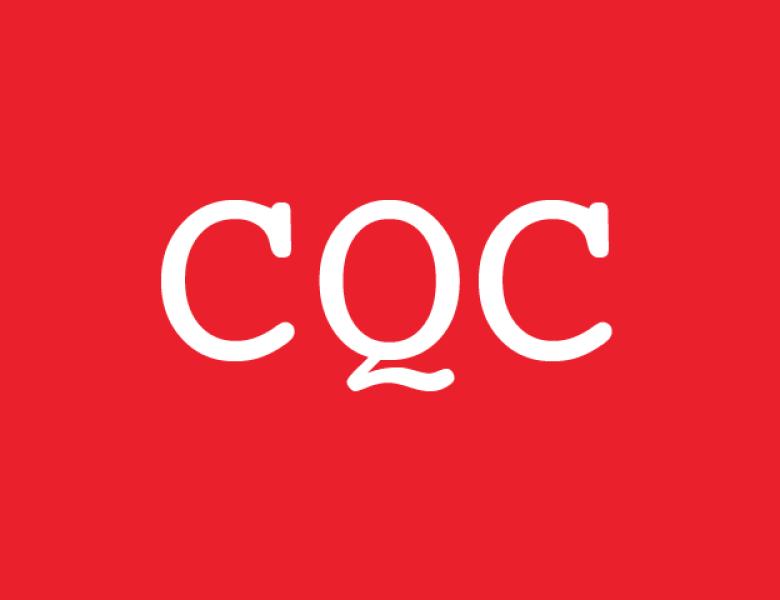
Abstract
Zero knowledge plays a central role in cryptography and complexity. The seminal work of Ben-Or et al. (STOC 1988) shows that zero knowledge can be achieved unconditionally for any language in NEXP, as long as one is willing to make a suitable *physical assumption*: if the provers are spatially isolated, then they can be assumed to be playing independent strategies.
Quantum mechanics, however, tells us that this assumption is unrealistic, because spatially-isolated provers could share a quantum entangled state and realize a non-local correlated strategy. The MIP^{*} model captures this setting.
In this work we study the following question: does spatial isolation still suffice to unconditionally achieve zero knowledge even in the presence of quantum entanglement?
We answer this question in the affirmative: we prove that every language in NEXP has a 2-prover *zero knowledge* interactive proof that is sound against entangled provers; that is, NEXP \subseteq ZK-MIP^{*}.
Our proof consists of constructing a zero knowledge interactive PCP with a strong algebraic structure, and then lifting it to the MIP^{*} model. This lifting relies on a new framework that builds on recent advances in low-degree testing against entangled strategies, and clearly separates classical and quantum tools.
Our main technical contribution is the development of algebraic techniques for obtaining unconditional zero knowledge; this includes a zero knowledge variant of the celebrated sumcheck protocol, a key building block in many probabilistic proof systems. A core component of our sumcheck protocol is a new algebraic commitment scheme, whose analysis relies on algebraic complexity theory.
The talk is self-contained and does not assume any complexity preliminaries.
Joint work with Alessandro Chiesa, Michael Forbes, and Nicholas Spooner.


